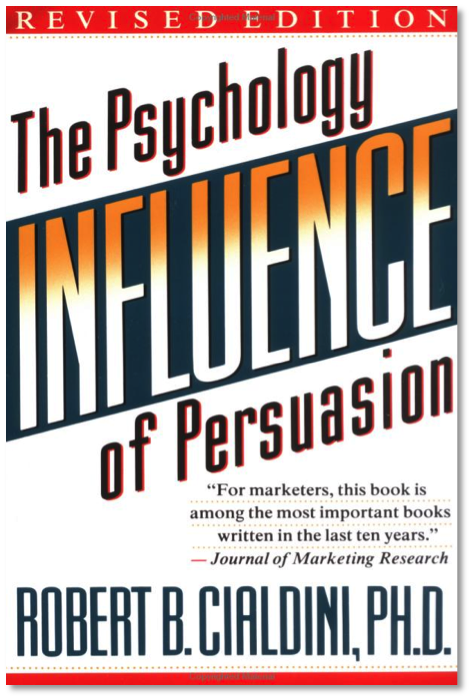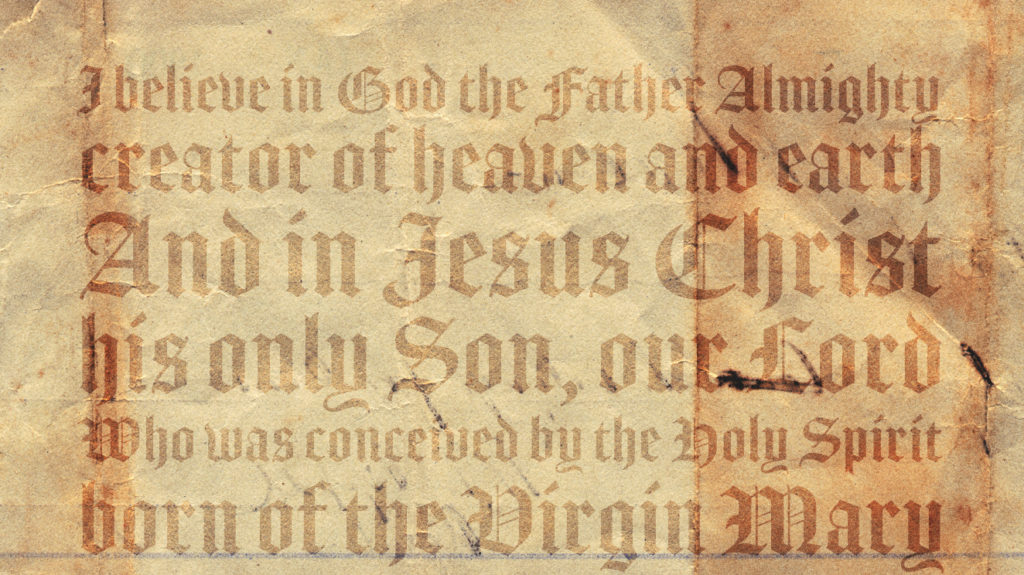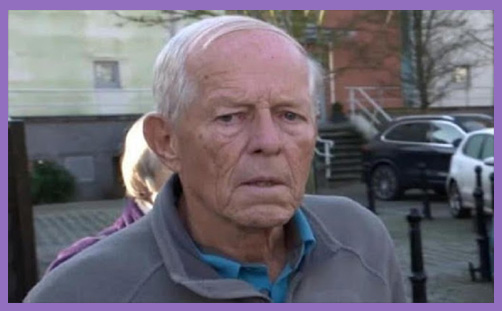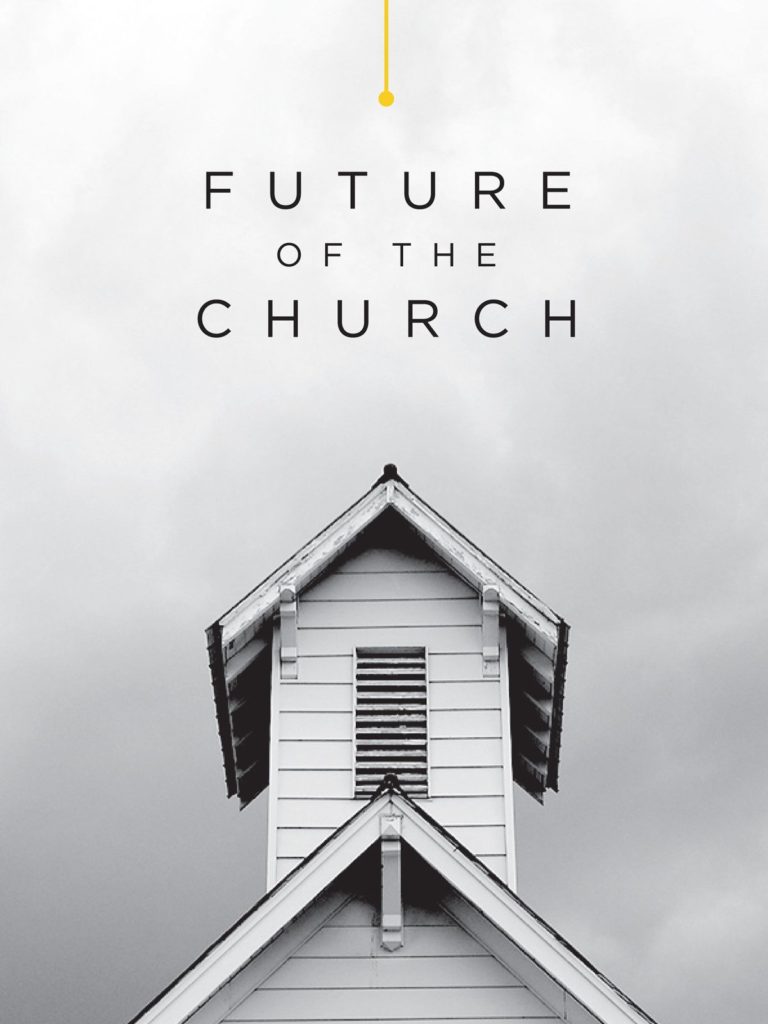
Over the past few days, I have found myself reflecting further on the mechanics of safeguarding as practised by the Church of England. I noted that so-called core groups possess a potential conflict of purpose. What are they really supposed to accomplish? How do they operate within what we have suggested is a somewhat dysfunctional safeguarding industry within the church?
When we try to find out what is the official scope and function of these groups, we may look at an official statement set out in a House of Bishops document from 2017. This is entitled Practice Guidance: Responding to, assessing and managing safeguarding concerns or allegations against church officers. Some key words from this document are as follows. ‘The purpose of the core group is to oversee and manage the response to a safeguarding concern or allegation …….ensuring that the rights of the victim/survivor and the respondent to a fair and thorough investigation can be preserved.’ The task of responsibility towards a victim is also expressed in the words: ‘Ensuring how the victim/survivor and/or their family can best be supported by advising the DSA’. This understanding of the working of core groups is very close to the model adopted in social work practice. In that context, as it relates to the care of a child or vulnerable adult, a team of individuals, each with a professional interest in the case, would come together to discuss it. In many cases, when appropriate, the parent of the child or even the child him/herself would be invited to take part in the process. This incorporation of a practice from the world of social care is to be expected as most of the first generation of safeguarding officers on the national team in 2015 seem to have shared this professional background.
Some serious flaws in the functioning of the core groups within the church seem to have begun early on. A first problem was the fact that these groups were convened and met in secret. Gilo has told me that, although there was a church core group convened to discuss his particular case, he was told nothing about it for 18 months. Even when he heard about it, he was not informed of the identity of the members. I am also told by a John Smyth/Iwerne survivor that the NST (National Safeguarding Team) informed him that the John Smyth core group was disbanded on his death. In addition, the survivor was never allowed to know who had been in that core group. This again shows a complete lack of interest in the well-being and support of the Smyth survivors. It is almost as if a corporate sigh of relief was uttered now that the perpetrator was off the scene. One of the issues about the Smyth scandal is the way the episode implicates senior churchmen within the Anglican establishment. Any excuse to shut down investigations and discussion would no doubt have been welcome by those who had been close to Smyth in the past. The speed of closure illustrates clearly the core group’s preoccupation with perpetrators and the damage they could have caused to the wider church. Support of survivors does not seem to appear anywhere on their agenda.
One professional outsider who was allowed to attend a core group meeting was Ian Elliott, the author of the Elliott report. His reflections on what he observed were shared with the IICSA hearing last July. His testimony focused on the way that the core meeting model that he was familiar with in his professional life, sharply diverged with the way the meeting was conducted in the church setting. He testified: ‘I was initially expecting that the core group meeting would be similar to a case conference model, which I would be familiar with, but essentially would be a meeting whereby all those who were providing care and support would come together… I did not think that that was happening at that meeting. I felt that it was very much a business meeting that it didn’t have a focus specifically on the case and the welfare of A4. I was quite shocked by that. A4 was not in attendance; no one was there as such representing him…… I spent some time talking at length to members of NST to establish exactly what was the purpose of a core group meeting, as such.‘
Ian was then asked by a member of the IICSA panel for the answer that he had received from this questioning. Ian’s answer was telling and chimes in with the impression given to survivors who have asked the same questions of others involved in safeguarding work. ‘It was essentially a business meeting, but the focus, I think, was more to do with the protection of the institution, the protection of the church as opposed to the care and welfare of A4.‘
These words in many ways sum up what seems to have happened everywhere with core groups since the Church of England first adopted them as part of its practice. Instead of psychologists, psychotherapists and others on the group who would be anxious to promote the pastoral needs of victims, we find the safeguarding professionals supported by lawyers, communications experts and representatives of insurance companies. The cynic in me would ask: Is it any surprise that core groups have been conducted in an atmosphere of secrecy and concealment, when there is so much that needs to be hidden from sight? Ian commented further in a interview on the Radio 4 Sunday programme. ‘In my experience, affording the subject of the meeting, the survivor, the opportunity to contribute to it, makes for much better outcomes. … (The meeting) is rooted in attitudes to survivors which are totally misguided, misplaced and unacceptable.‘ Phil Johnson, the chair of MACSAS, the survivors’ group and also interviewed on the same programme, added his assessment: ‘These core groups demonstrate the extent to which the church is more interested in financial considerations than the well-being and care for victims.‘
After reading Ian Elliot’s professional assessment of what was going on at the core group he attended, we find ourselves understanding the House of Bishops’ guidance in a different way. They spoke about ‘managing the response to a safeguarding concern or allegation’. It would appear that ‘management’ in this context is in fact about settlements, protecting the church’s reputation and generally avoiding bad publicity as far as possible. The second part of the management process, ‘ensuring how the victim/survivor and/or their family can best be supported’ seems to be absent. Although we would expect the church to have a system for protecting its reputation, it is bizarre that anyone should conceive of doing such protection while at the same time pretending to be caring about the interests of survivors. These two aims, as I and others have pointed out before, are extremely hard to fulfil at the same time. In the end, to judge by the individuals chosen to be members of the core groups that we know about, the church has decided to lean firmly in the direction of ‘managing’ the interests of the institution rather the care of survivors. Secrecy and indeed confusion about what are the true purposes of safeguarding generally are still a feature of much of what goes on in this world. Sometimes we hear the expression ‘lessons learned’ in connection with safeguarding reviews that are conducted from time to time. I cannot be the only individual who wonders whether the church is really learning lessons. Recently a Dean of a major cathedral was suspended and then re-instated over a safeguarding issue. The details of the case have never been published or shared with the wider public. How can anyone learn anything if important safeguarding information is not shared?
This brief look at the issue of core groups in the church has a final footnote which leaves us feeling that things are not going to change soon. Back in 2012/13 the publicity machine of the Church of England received a shake-up when the full horror of past abuse cases in the church was beginning to become apparent. Around that time, a new appointee to the post of Director of Communications for the Archbishop’s Council was a former communications officer/priest/lawyer, one Arun Arora. Although the appointment attracted some negative publicity, there was one positive thing to give us hope. Those looking for a new culture of openness in the C/E noted that Arora had stated, in an article, his support for the principle of institutions/professions not being allowed to ‘mark their homework’. He had written: ‘the rights of any profession to both represent and regulate its members are outmoded, outdated and outweighed by the need for consumer protection and confidence’. And yet, disappointingly, during Arora’s time working for the church, nothing of a new way of dealing with past murkiness appeared. The culture of secrecy, suppression of scandal and injustices towards survivors has continued. In this process, in spite of the affirmations of the House of Bishops, the core groups, that have come into being, have become part of the problem. Affirming justice and revealing truth about the past are honourable aims but the church is slow and unwilling to make these its priorities. The critique by Ian Elliott and others over the work of core groups has never been answered. The C/E has to be more open in its dealings with survivors as well as its own past. The core groups, which have been evolving since around 2015, have, apparently, become a method to contain scandal rather than one for promoting the cause of truth and justice. Do the rest of us have to regard them as weapons of defence for the church rather than instruments of justice and compassion for those who have suffered?







